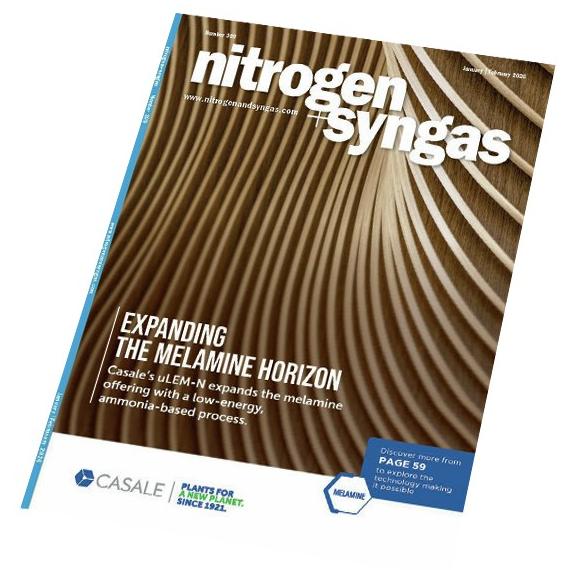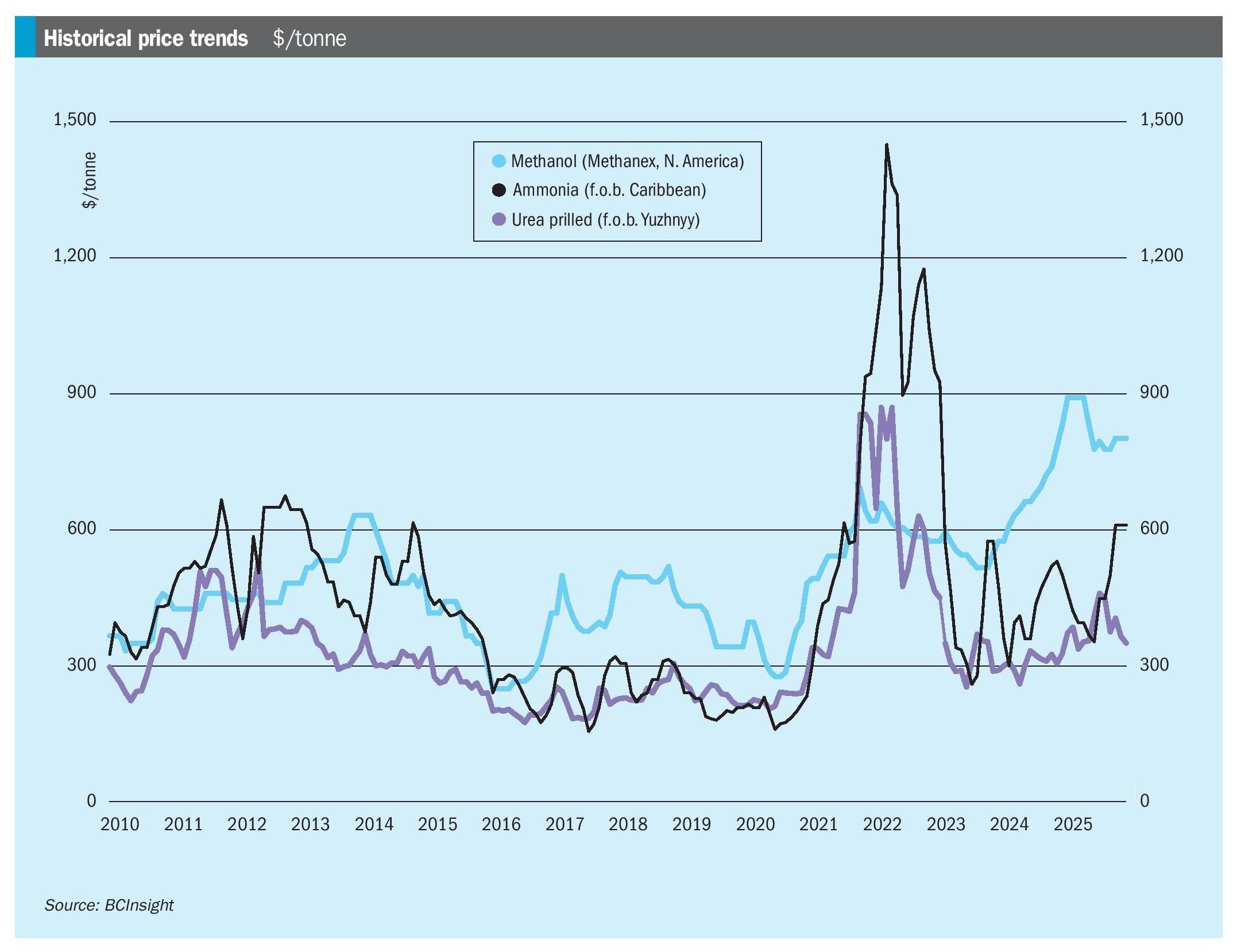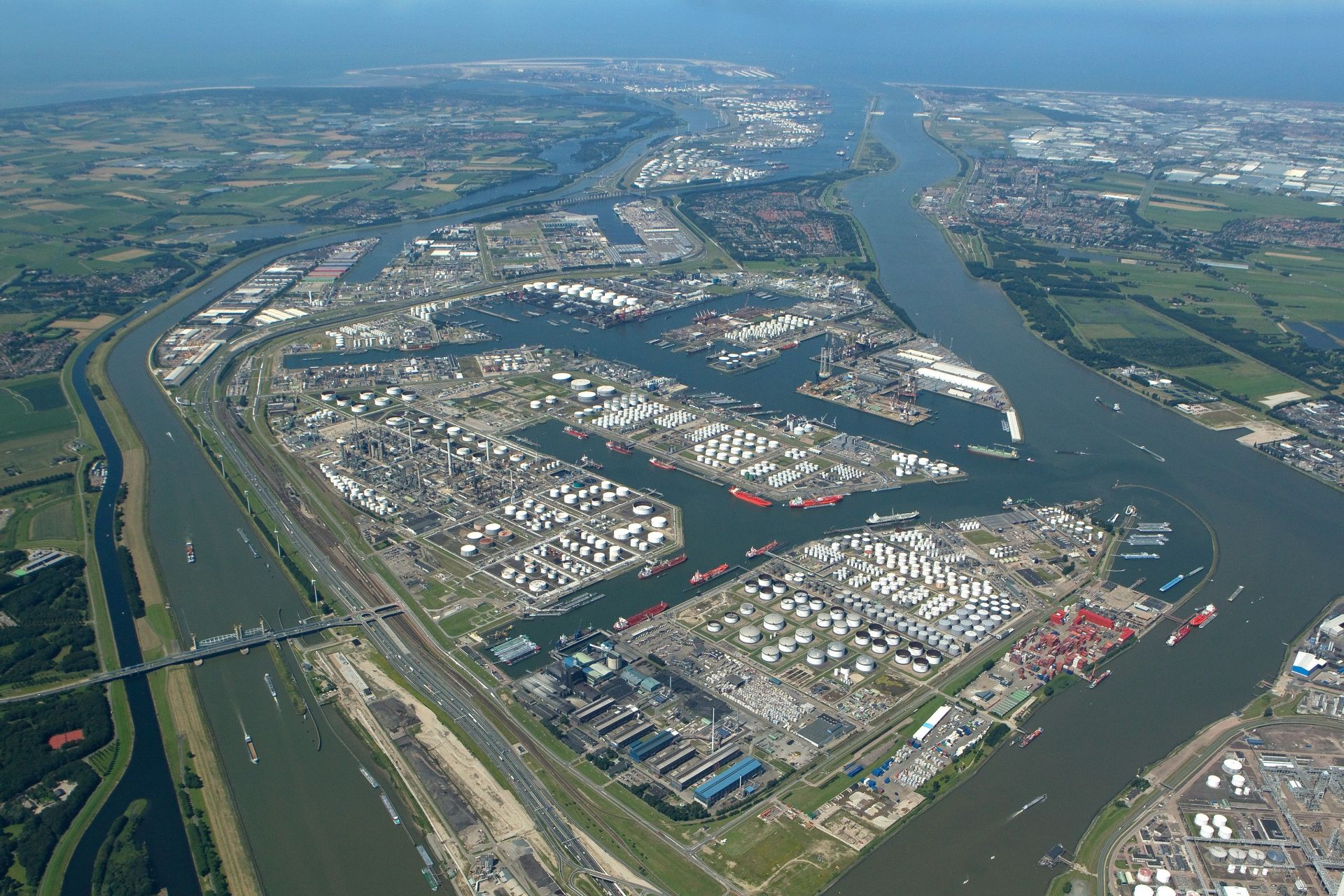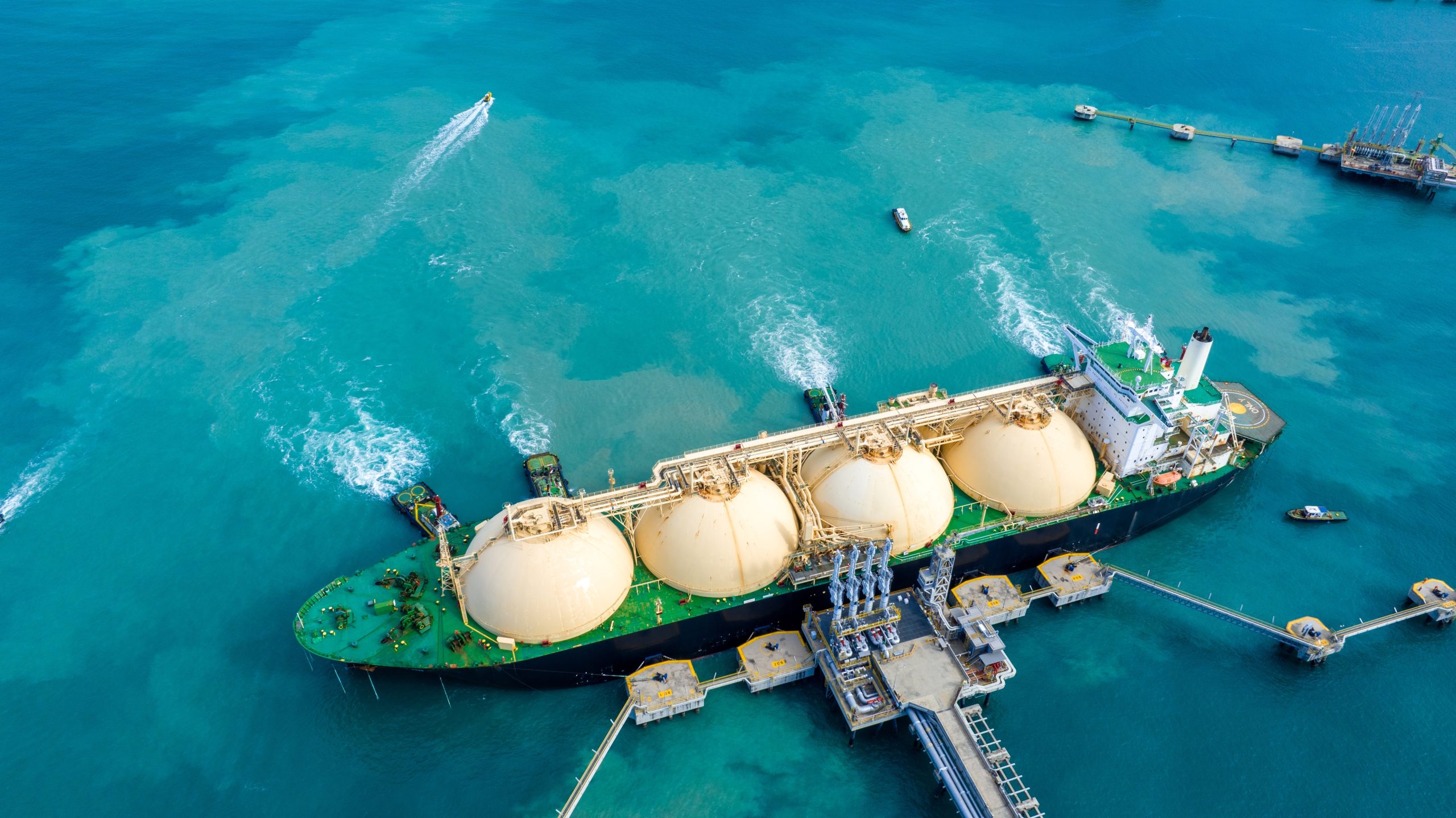Fertilizer International 494 Jan-Feb 2020

31 January 2020
Careful custodians

“Guaranteeing the fertilizer industry’s social license to operate arguably hinges on good global stewardship, as IFA seems to recognise”
Anyone who lives in or visits England’s green and pleasant land is probably familiar with the Countryside Code. This benign if paternalistic piece of government advice dates back to the 1930s. Yet its simple, clear and sensible message still holds true today:
“We all have a responsibility to protect the countryside now and for future generations, so make sure you don’t harm animals, birds, plants or trees and try to leave no trace of your visit.”
The code calls on all citizens to be stewards of our natural environment: to respect it, protect it, enjoy it. Its advice to “leave no trace” has wider resonances too.
That’s because stewardship, as a concept, equally applies to the responsible management of resources – and all the economic activities that ultimately depend on the environment and nature.
For manufacturers – the industries that make things, as fertilizer producers do – the real spotlight is on product stewardship. This requires those who design, produce and sell things to take full responsibility for all stages of a product’s life cycle. That includes the environmental impact of ‘stuff’ and its final destination after use.
For manufacturers of fast-moving consumer goods and gadgets, these are legally-binding obligations in some regions. Under EU extended producer responsibility (EPR) regulations, for example, producers of electrical and electronic equipment have to finance the waste collection, recycling and endof-life disposal of the products they make and sell.
Product stewardship is also a familiar theme to many in our industry. The International Fertilizer Association (IFA), in particular, has worked long and hard to embed product stewardship within the industry’s safety, health and environmental (SHE) culture.
IFA has done this by establishing 12 SHE principles. These require the association’s members to: “Establish and improve their safety, security, health and environmental performance through annual objectives, targets or key performance indicators.”
IFA has also offered its member companies a practical and accessible product stewardship certification scheme for some years now. Called ‘Protect & Sustain’, the scheme is open to fertilizer producers and non-producers such as fertilizer distributors, traders and transporters.
Take-up has been highly encouraging. Some 52 fertilizer companies operating across 57 countries globally have become Protect & Sustain certified, as of November 2018.
But IFA is now going further – and placing industry sustainability centre-stage – by launching a Global Stewardship Conference for the first time this year. This completely new event has the backing of three influential IFA committees – agriculture, communications & public affairs, and technical safety, health & environment.
The eclectic and ground-breaking new conference is being held over five days in early February at the Lotte New York Palace Hotel, Madison Avenue. It includes sessions on the world food system, business sustainability, innovative fertilizers, product stewardship, nutrient stewardship, green production technology and climate change.
Impressively, IFA has secured executives from the industry’s top flight to moderate these sessions, including Dmitry Konyaev, Uralchem’s chairman, Tip O’Neill the CEO of IRM, and Prayon’s CEO Yves Caprara. IFA chairman Mostafa Terrab, the CEO and chair of OCP, is also lending his heavyweight support to the event.
Fertilizer International is proud to be IFA’s official media partner for its new Global Stewardship Conference. To coincide with the event, the current issue of the magazine carries several features with a strong stewardship theme. These includes a deep dive into ‘green’ production technology (p27), and a look at the production of NPK fertilizers (p34) and liquid fertilizers (p37) using nutrients recovered from bio-wastes.
Guaranteeing the fertilizer industry’s social license to operate arguably hinges on good global stewardship, as IFA seems to recognise. That makes it incumbent on all of us to be careful custodians of our planet – at home, at leisure and, most crucially, at work.






